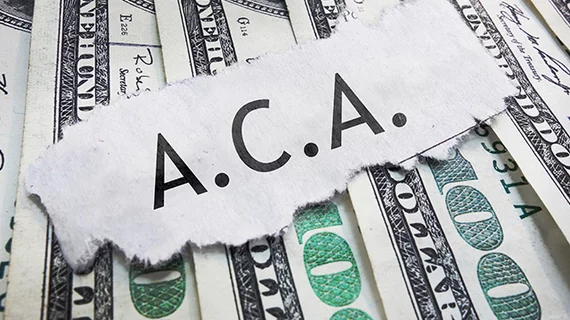Industry groups nearly united in opposition of association health plans
On Tuesday, June 19, the U.S. Department of Labor (DOL) released its final regulation to expand use of association health plans, allowing small business and individuals to join together to purchase coverage. The move, spearheaded as an attack of the Affordable Care Act (ACA) by the Trump administration, has received strong criticism across the healthcare industry.
Most notably, 26 patients and consumer groups—headlined by the American Heart Association, American Lung Association and American Cancer Society—issued a joint statement attacking the final rule.
“This final rule will severely weaken key protections for Americans with pre-existing health conditions or other serious or chronic health conditions,” according to the statement. “As a result, consumers will pay much more for comprehensive coverage or end up with substandard plans that leave both their health and financial security at risk.”
According to the Los Angeles Times, more than 95 percent of healthcare groups that submitted comments on the proposal opposed such a plan. Additionally, similar to the reaction to Trump’s executive order in October 2017, the regulation has received nearly zero support within the industry from groups representing insurance providers, hospitals, doctors and patients.
America’s Health Insurance Plans, the largest health insurance lobbying group, released a statement that supported the move, championed by President Donald Trump, while expressing reservations about the impact of widespread use of association health plans.
“The final rule provides some important protections by ensuring consumers, including those with pre-existing conditions, do not face discrimination as new association plans are created, and by preserving state authority to regulate AHPs offered in their markets,” AHIP wrote. “However, we remain concerned that broadly expanding the use of AHPs may lead to higher premiums for consumers who depend on the individual or small group market for their coverage. Ultimately, the rule could result in fewer insured Americans and may put consumers at greater risk of fraudulent actors entering this market.”

